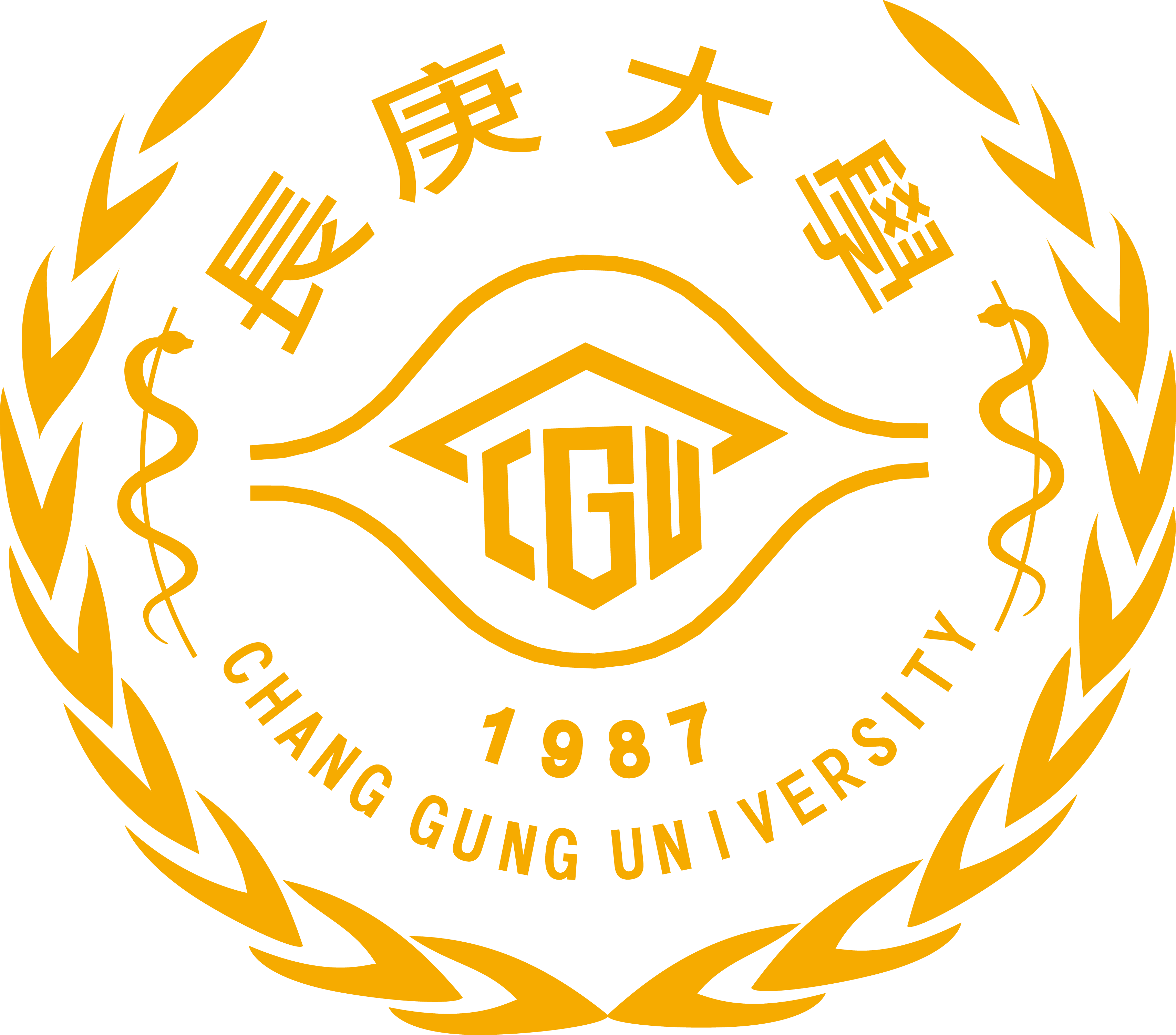Biomedical Electronics & Signals Laboratory
Research Field
Hsiao-Lung Chan joined the Department of Electrical Engineering of Chang Gung University as a professor since 2000. His research areas primarily focus on wearable medical measurements, neural information processing, deep learning applications in medicine, and virtual reality rehabilitation training. To date, 26 projects funded by the National Science Council, 9 projects from the Ministry of Economic Affairs' academic industry specialized programs, 15 research projects from Chang Gung Memorial Hospital, and 4 industry-academia collaboration projects have been led. There have been 82 journal articles published and 6 patents filed, with a total of 1893 citations in Scopus and an h-index of 23. Additionally, seven research awards from Chang Gung Memorial Hospital and four research grants from the National Science Council have been received.
The core mission of the Biomedical Electronics & Signals Laboratory is to develop a biomedical electronic system platform incorporating medical signal processing and intelligent rehabilitation technologies. Our team includes students from Taiwan, Vietnam, Egypt, and Thailand, and we are committed to further expanding our technological diversity and cross-cultural expertise. By fostering international collaboration, we aim to enrich the exchange of diverse cultural and professional perspectives, driving innovation and progress.
1. Deep Learning in Medicine
Utilizing physiological signals obtained from devices or virtual reality systems developed by our laboratory, or directly acquired from hospitals, such as EEG data from epilepsy, Parkinson's disease, and sleep apnea, advanced signal processing and deep learning-based AI algorithms are used to develop disease-related identification and assessment indicators.
2. AR/VR in Rehabilitation: Multi-task, immerse visual feedback to evoke cerebral reorganization and motor recovery
Using wearable devices as a bridge, this involves designing virtual reality (VR) rehabilitation scenarios tailored for Parkinson's disease and stroke patients. These scenarios provide feedback, enhance the sense of immersion and the variety of rehabilitation activities, improve brain plasticity, and enhance motor function.
3. Virtual mirror feedback with robot-assisted training for post-stroke hemiplegia and 5G applications
Integrating mirror feedback training with motion detection and assessment into a robot-assisted training platform, this approach designs virtual mirror feedback scenarios for different types of movements to enhance patients' motivation during task execution. Therapists can also adjust the difficulty of tasks based on the patient's condition, balancing training demands with task completion. Additionally, physiological and behavioral assessment indicators can be directly calculated from the training process. The diversity of tasks is expected to stimulate more mirror neuron activity and enhance functional connectivity between brain regions.
4. Laser-light visual cueing for patients with Parkinson’s disease
In 2017, a two-year project funded by the National Science Council was conducted on "Development and Application of Intelligent Assistive Walking Shoes for Parkinson's Disease." In 2019, another two-year project funded by the National Science Council focused on "Development of Intelligent Assistive Devices for Independent Walking and Autonomous Rehabilitation Training at Home for Parkinson's Disease Patients" was executed. The research results have been reported by nine media outlets, including the Economic Daily News, Central News Agency, ETtoday Health Cloud, and China Broadcasting Corporation. Additionally, in 2022, the research was featured in special reports by Taiwan Television and Next TV.
Guided students to achieve the following awards:
- Runner-up in the 2022 Chang Gung University College of Management Maker and Interdisciplinary Innovation Competition
- Bronze Medal in the Taipei Medical University College of Biomedical Engineering National Medical Engineering Creativity Competition
- First Place in the 2022 Chang Gung University "CGU Innovation Cup" Campus Innovation and Entrepreneurship Competition
- Outstanding Research Paper Award at the 2023 Formosa Plastics Group Applied Technology Symposium
- Bronze Medal at the 2023 Taiwan Innotech Expo
Additionally, received the following individual recognitions:
- Outstanding Research Performance Awards from the NSC in 2010, 2011, 2023, and 2024.
- Chang Gung Medical Research Awards in 2007, 2008, 2009, 2010, 2023, and 2024.
Hsiao-Lung Chan received the Ph.D. degree in Electrical Engineering from National Taiwan University, Taipei, Taiwan, 1997.
